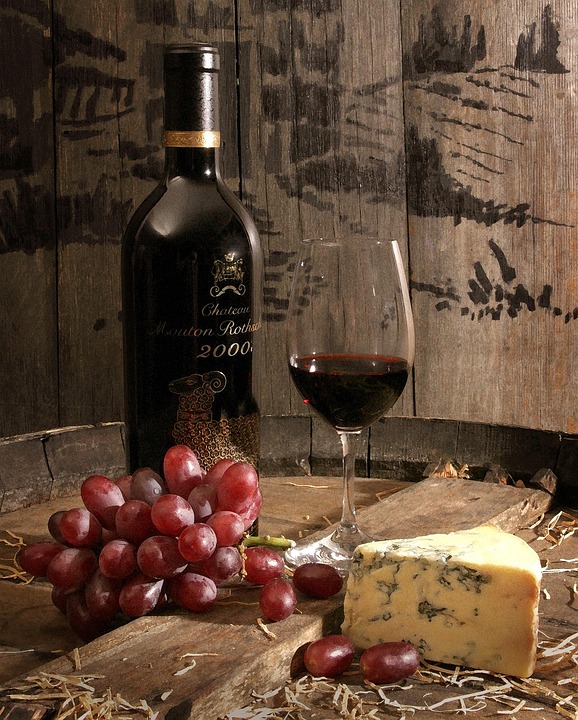Introduction
Wine auctions and private sales have become a significant factor in shaping the investment landscape for wine enthusiasts and investors alike. The wine market has seen substantial growth in recent years, with a surge in demand for rare and collectible wines driving up prices at auctions and private sales. This report will explore how wine auctions and private sales impact the investment landscape, providing insights into the financial aspects, industry trends, and key players in this market.
Financial Impact of Wine Auctions and Private Sales
Rising Prices
The prices of rare and collectible wines have been on the rise, driven by increasing demand from wealthy collectors and investors. Wine auctions and private sales play a significant role in setting the market value for these wines, with bidding wars often pushing prices to new heights. For example, a bottle of 1945 Domaine de la Romanée-Conti recently sold for a record-breaking $558,000 at an auction, highlighting the lucrative nature of this market.
Investment Returns
Investing in fine wines through auctions and private sales can yield impressive returns for savvy investors. According to data from Liv-ex, an online fine wine marketplace, the Liv-ex Fine Wine 100 Index, which tracks the performance of 100 of the most sought-after fine wines, has shown an average annual return of 13.6% over the past decade. This outperforms many traditional investment options, making wine an attractive asset class for diversifying investment portfolios.
Industry Insights
Key Players
Several key players dominate the wine auction and private sales market, including major auction houses such as Sotheby’s and Christie’s. These auction houses host regular wine auctions featuring rare and collectible wines from top producers around the world. Private sales platforms like WineBid and Zachys also play a significant role in facilitating transactions between buyers and sellers in the wine market.
Market Trends
The wine market has seen a shift towards online auctions and private sales, as technology enables greater accessibility and convenience for buyers and sellers. Online platforms like WineBid and Acker Wines have emerged as popular destinations for wine enthusiasts looking to buy and sell fine wines. This trend is expected to continue as more consumers embrace digital platforms for wine transactions.
Regulatory Environment
Licensing and Compliance
Wine auctions and private sales are subject to strict regulations governing the sale and distribution of alcohol. Auction houses and private sellers must obtain the necessary licenses and comply with local laws to operate legally in the wine market. This regulatory environment ensures transparency and accountability in wine transactions, protecting consumers and investors from fraud and counterfeit products.
Taxation
Investing in wine through auctions and private sales may have tax implications for buyers and sellers. Capital gains tax, sales tax, and import duties can impact the overall profitability of wine investments. It is essential for investors to understand the tax implications of buying and selling wine, seeking advice from financial professionals to maximize returns and minimize tax liabilities.
Conclusion
In conclusion, wine auctions and private sales play a significant role in shaping the investment landscape for wine enthusiasts and investors. Rising prices, attractive investment returns, key players, market trends, and regulatory considerations all contribute to the dynamic nature of the wine market. As demand for rare and collectible wines continues to grow, wine auctions and private sales are expected to remain key drivers of investment opportunities in the wine industry. Investors looking to diversify their portfolios with alternative assets may find wine auctions and private sales to be a lucrative and rewarding investment option.


